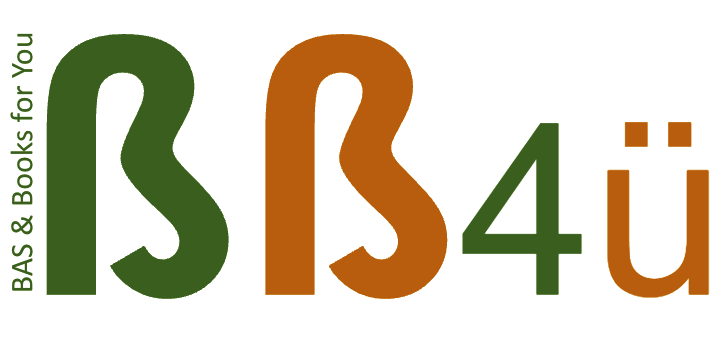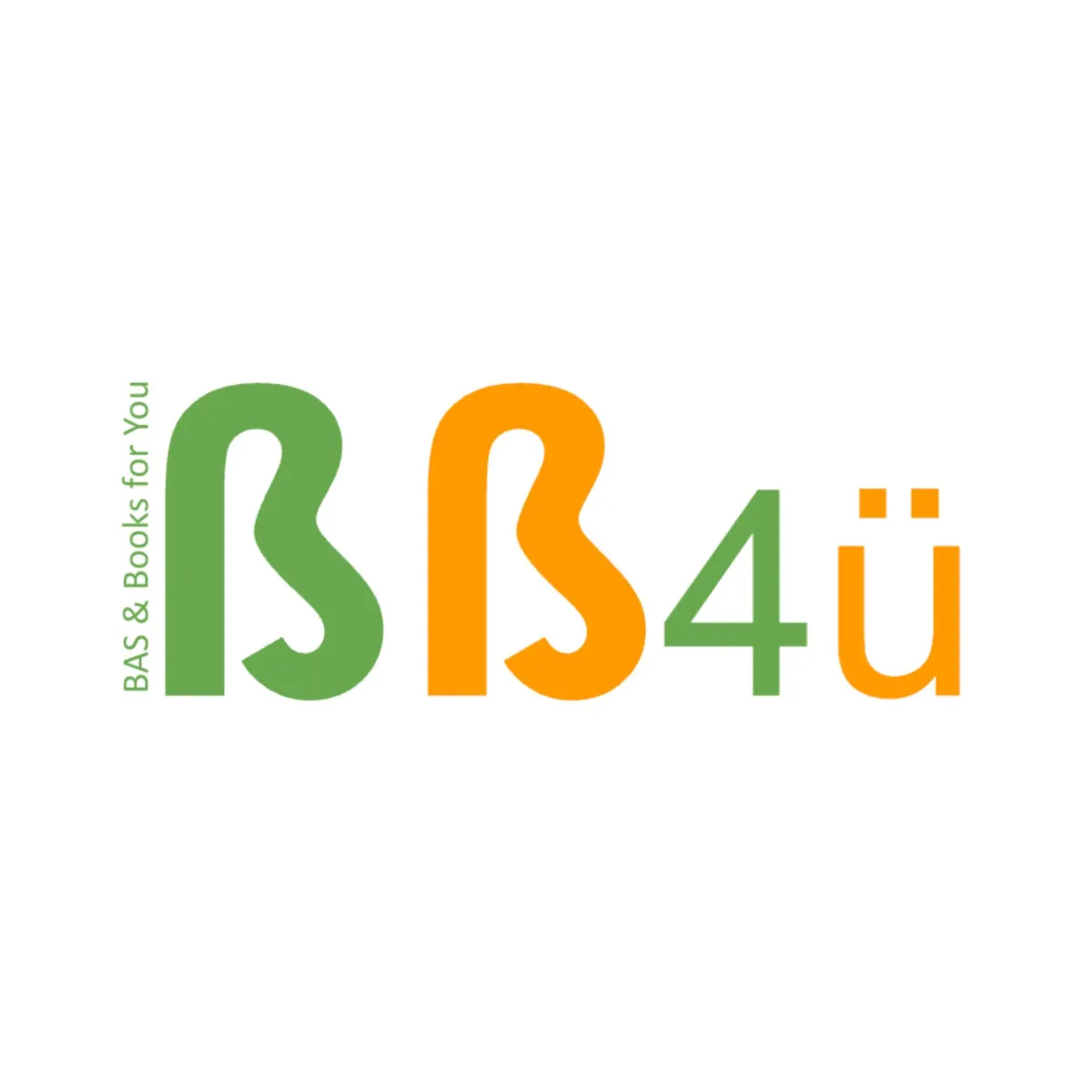FRINGE BENEFIT TAX
FBT - FRINGE BENEFIT TAX
Fringe Benefits Tax (FBT) is a tax employers pay on certain non-cash benefits they provide to their employees or their employees’ associates in place of, or in addition to, salary or wages.
Common examples of fringe benefits include:
• Company cars used for private purposes
• Entertainment (e.g. restaurant meals, event tickets)
• Gym memberships
• Reimbursement of personal expenses
• Housing or accommodation support
FBT is governed by the Fringe Benefits Tax Assessment Act and is separate from income tax.
It is calculated on the grossed-up taxable value of the benefits provided and paid by the employer, not the employee.
Why Lodging a FBT Return Important?
Even if your business does not provide any fringe benefits or the FBT amount is nil, lodging an FBT Return (even as NIL) each year can serve as a protective measure.
1. Reduces Audit Risk
The Australian Taxation Office (ATO) monitors businesses that don't lodge FBT returns. If your business has fringe benefit-like expenses (e.g. motor vehicles, staff gifts, client entertainment), but doesn’t lodge a return, it may raise a compliance flag with the ATO. Lodging a NIL FBT return acts as a compliance signal to the ATO that your business has reviewed its obligations.
2. Limits the Audit Window
When an FBT return is lodged, the amendment and audit period is limited to 3 years. If no return is lodged, the ATO may review your records at any time, going back many years.
Lodging the return — even if it’s NIL — helps protect your business from retrospective assessments.
3. Shows Good Governance
Filing your FBT return each year, even when no FBT is payable, shows that your business:
• Maintains accurate employee benefit records
• Reviews fringe benefit implications annually
• Is committed to staying compliant with tax law
Do You Need to Lodge an FBT Return?
You may need to lodge if your business:
• Provides company cars used privately
• Pays for staff entertainment or gifts
• Covers employee expenses not directly related to work
• Has salary packaging arrangements
If you're unsure, we can help you review your employee benefit arrangements to determine if an FBT return is required — and whether it should be a NIL lodgement. Simply fill out the FBT Annual Review below.
Is your Business registered for FBT Return?
After completing the FBT Annual Review, if your business is not registered for FBT Return yet, you can get it registered yourself, see the Step-by-step below.
Step-by-Step – Register for FBT
• Log in to Online Services for Business
(Use myGovID + Relationship Authorisation Manager)
• Select your business name/ABN.
On the left menu, go to:
• Profile → Registrations → Add a New Registration
From the list of tax types, select:
• Fringe Benefits Tax (FBT)
Complete the registration details:
• When the business first provided fringe benefits
• Contact details
• Whether lodging via tax agent
• Submit the registration.
You will receive confirmation immediately OR the ATO may process it manually (1–7 days).
Once registered, ensure:
• FBT appears under your business tax obligations
• The business is linked to your tax agent for FBT purposes
Still need help? We can get your business registered for FBT Returns, for a $55 Registration fee.
Let’s Make It Easy
FBT can be complex, but we’re here to simplify it.
Whether you need to lodge a full return or just a NIL declaration, we can manage the process and reduce your risk of audit.
📅 The FBT year runs from 1 April to 31 March.
📤 Returns are generally due by 21 May (or 25 June if lodged by a registered tax agent).

